Search
Research
From speculative to real: Community attitudes towards government COVID-19 vaccine mandates in Western Australia from May 2021 to April 2022Many governments employed mandates for COVID-19 vaccines, imposing consequences upon unvaccinated people. Attitudes towards these policies have generally been positive, but little is known about how discourses around them changed as the characteristics of the disease and the vaccinations evolved.
Research
More People, More Active, More Often for Heart Health - Taking Action on Physical ActivityPhysical inactivity is a leading contributor to increased cardiovascular morbidity and mortality. Almost 500 million new cases of preventable noncommunicable diseases (NCDs) will occur globally between 2020 and 2030 due to physical inactivity, costing just over US$300 billion, or around US$ 27 billion annually (WHO 2022). Active adults can achieve a reduction of up to 35% in risk of death from cardiovascular disease.
Research
Control of mitophagy initiation and progression by the TBK1 adaptors NAP1 and SINTBADMitophagy preserves overall mitochondrial fitness by selectively targeting damaged mitochondria for degradation. The regulatory mechanisms that prevent PTEN-induced putative kinase 1 (PINK1) and E3 ubiquitin ligase Parkin (PINK1/Parkin)-dependent mitophagy and other selective autophagy pathways from overreacting while ensuring swift progression once initiated are largely elusive.

The following maps provide a visual insight into how the number and rate of Indigenous suicides varies across different regions of Australia.
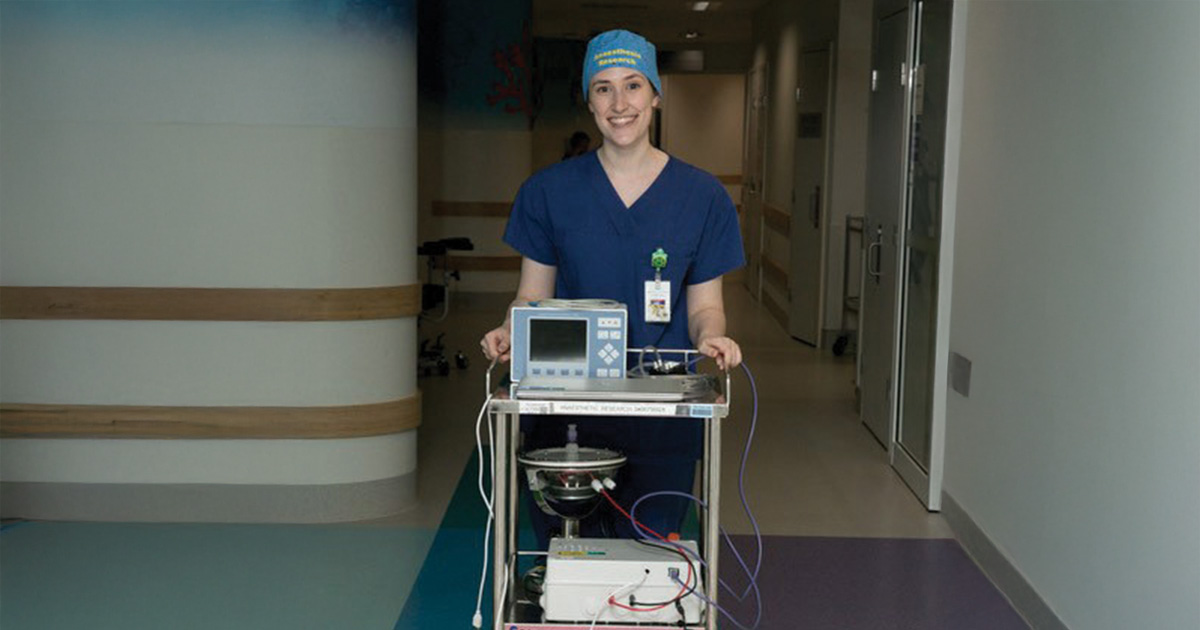
When kids are having surgery, the most common problem that can occur during anaesthesia is a respiratory adverse event.
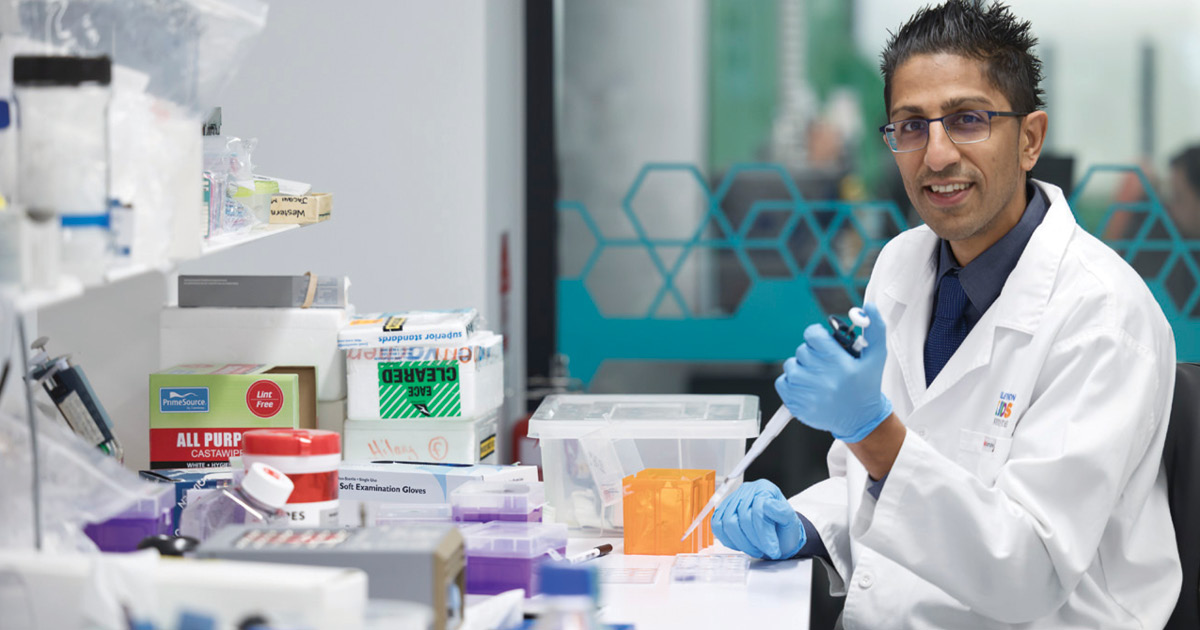
A pilot clinical study has found an immunotherapy drug can dramatically increase survival rates for babies with a rare form of leukaemia, paving the way for a major international clinical trial.
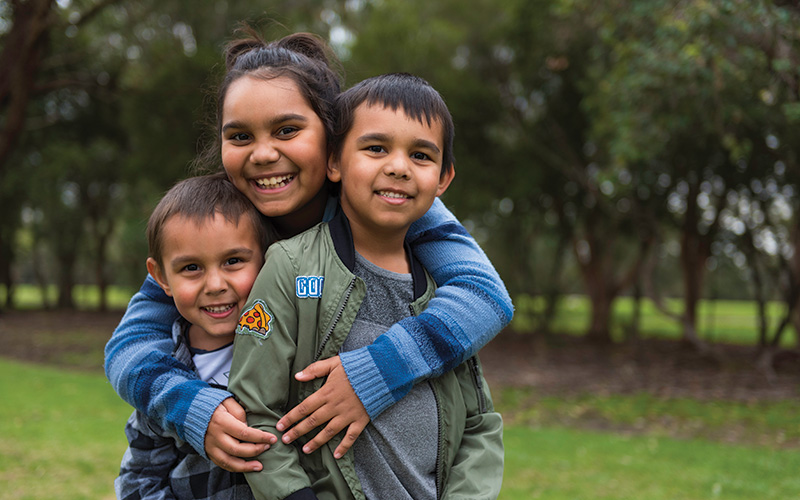
The Institute's Standards for the Conduct of Aboriginal Health Research outline our ways of working with Aboriginal communities and peoples.

The Kids researchers are working with Perth Children’s Hospital and other experts across the country to get ahead of a sneaky virus few mums or even health professionals have heard of.
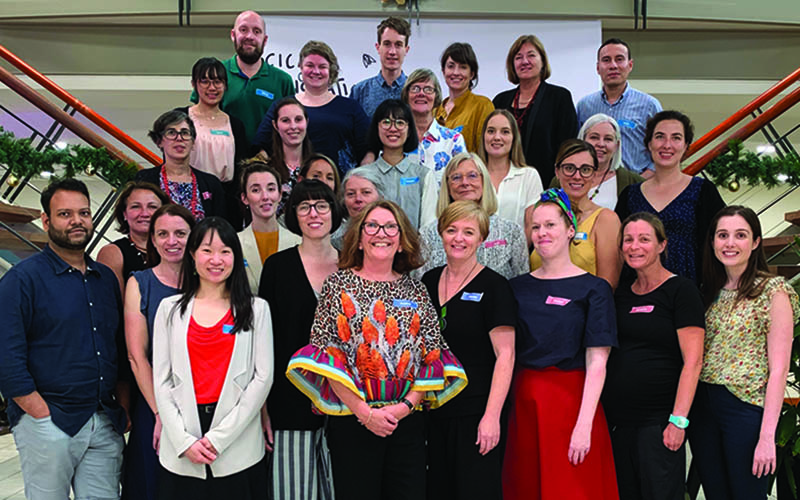
The FASD Research Australia Centre of Research Excellence (CRE) has substantially built the evidence base around FASD and had a significant impact on advocacy, policy and practice.
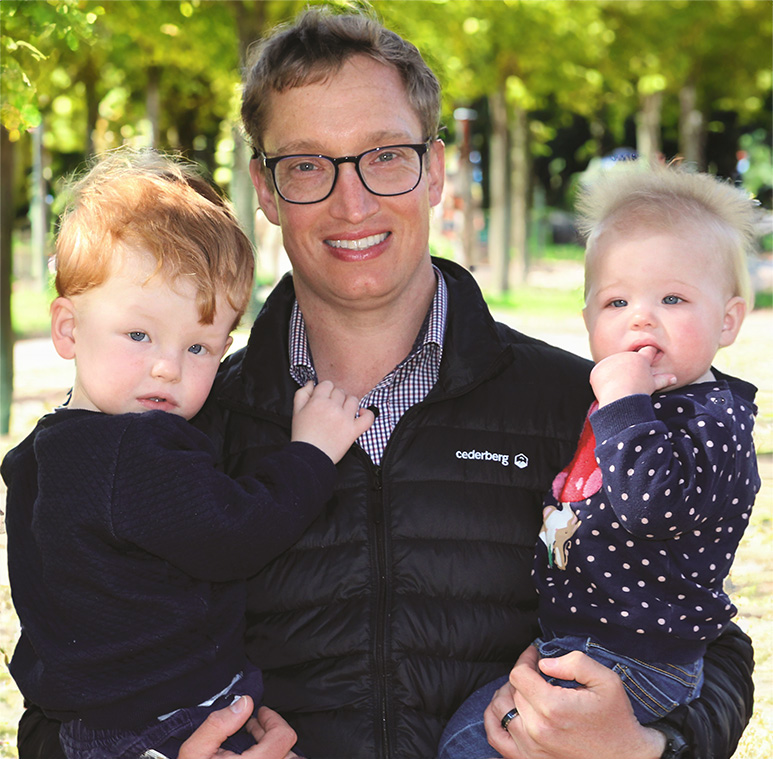
New dads can feel undervalued and face significant health and mental health risks following the birth of a child, according to new research that has prompted a rethink about how to address the often-unmet needs of fathers.
